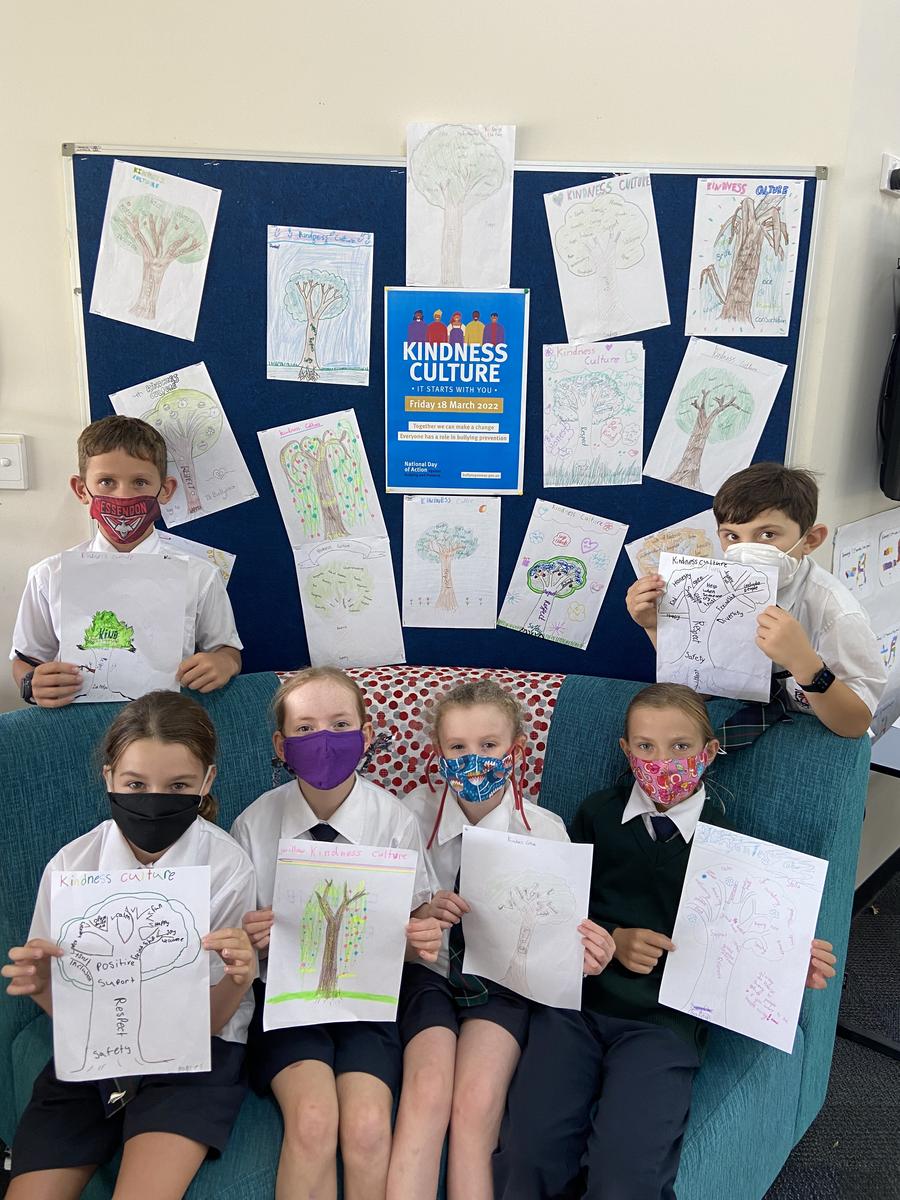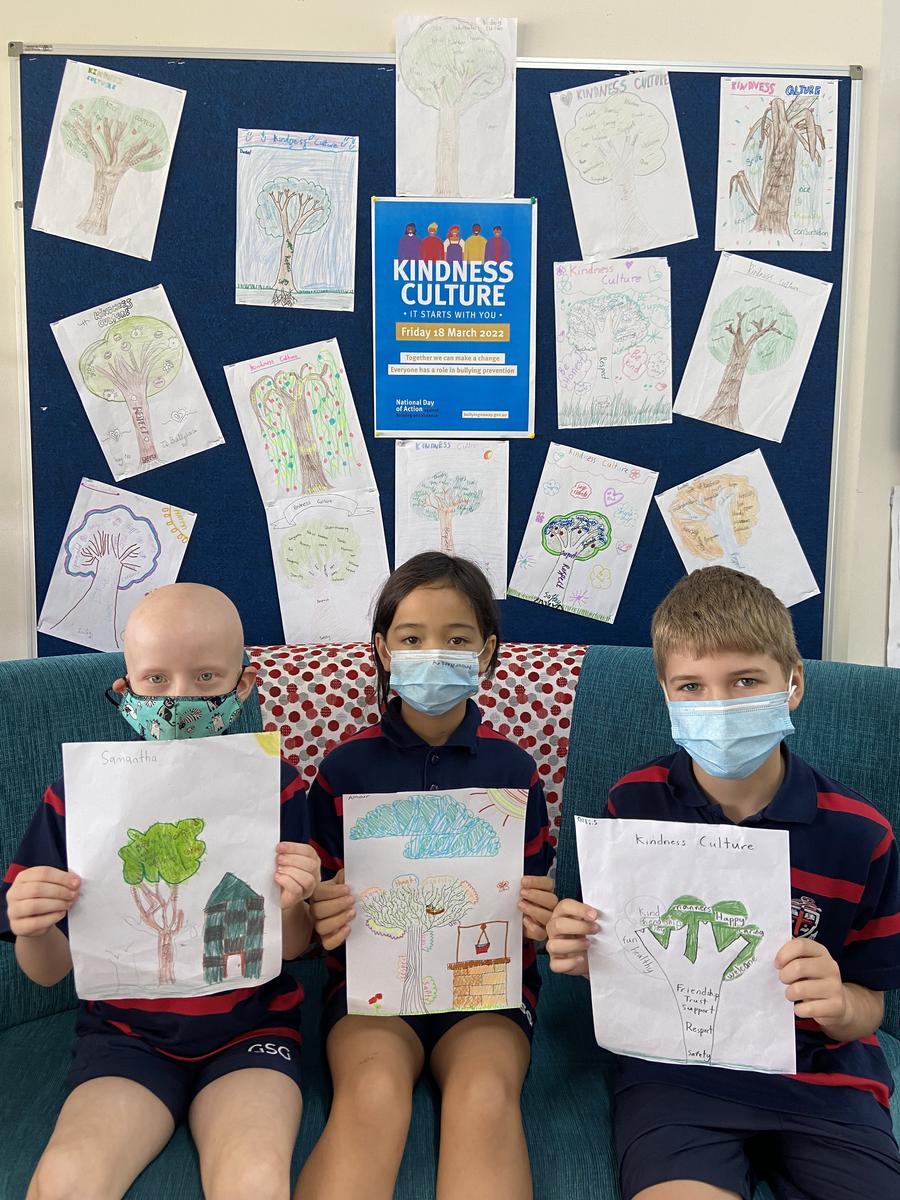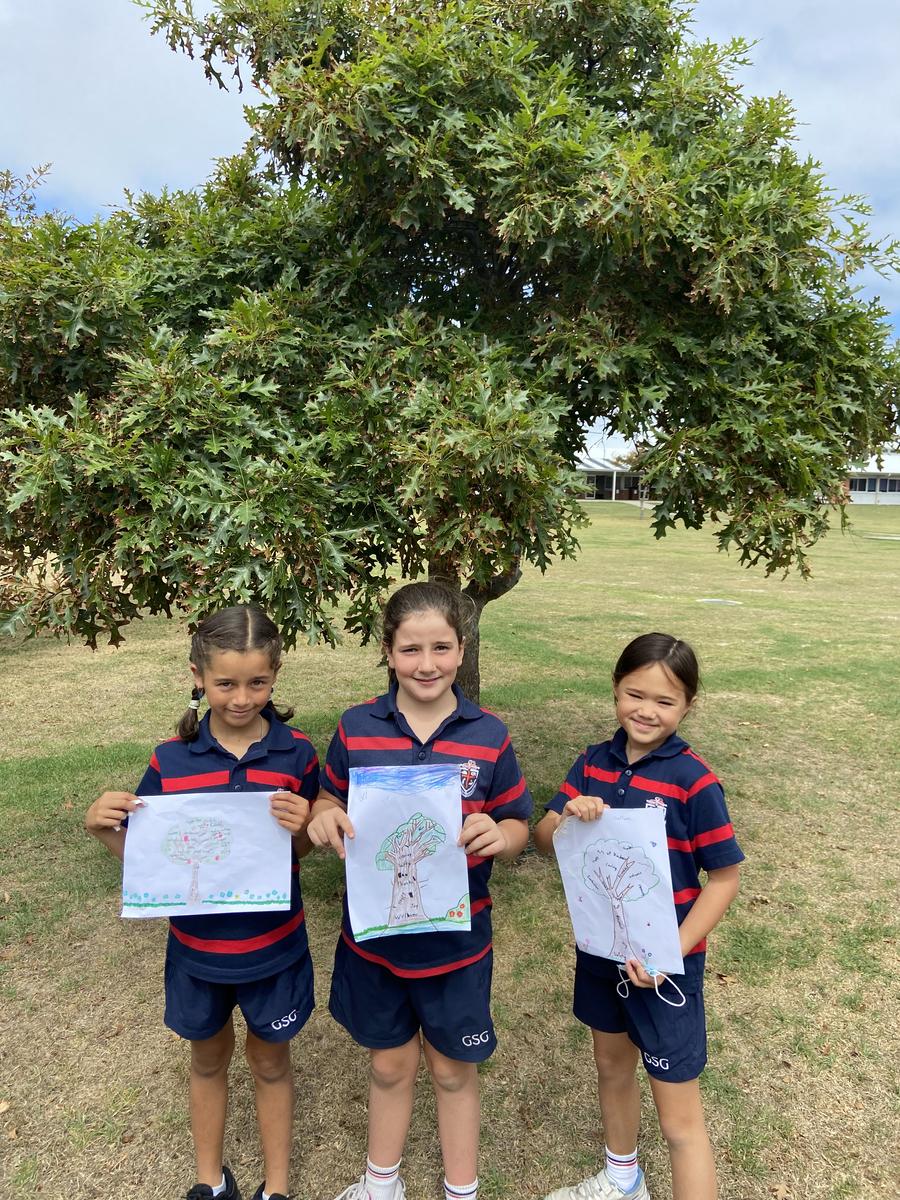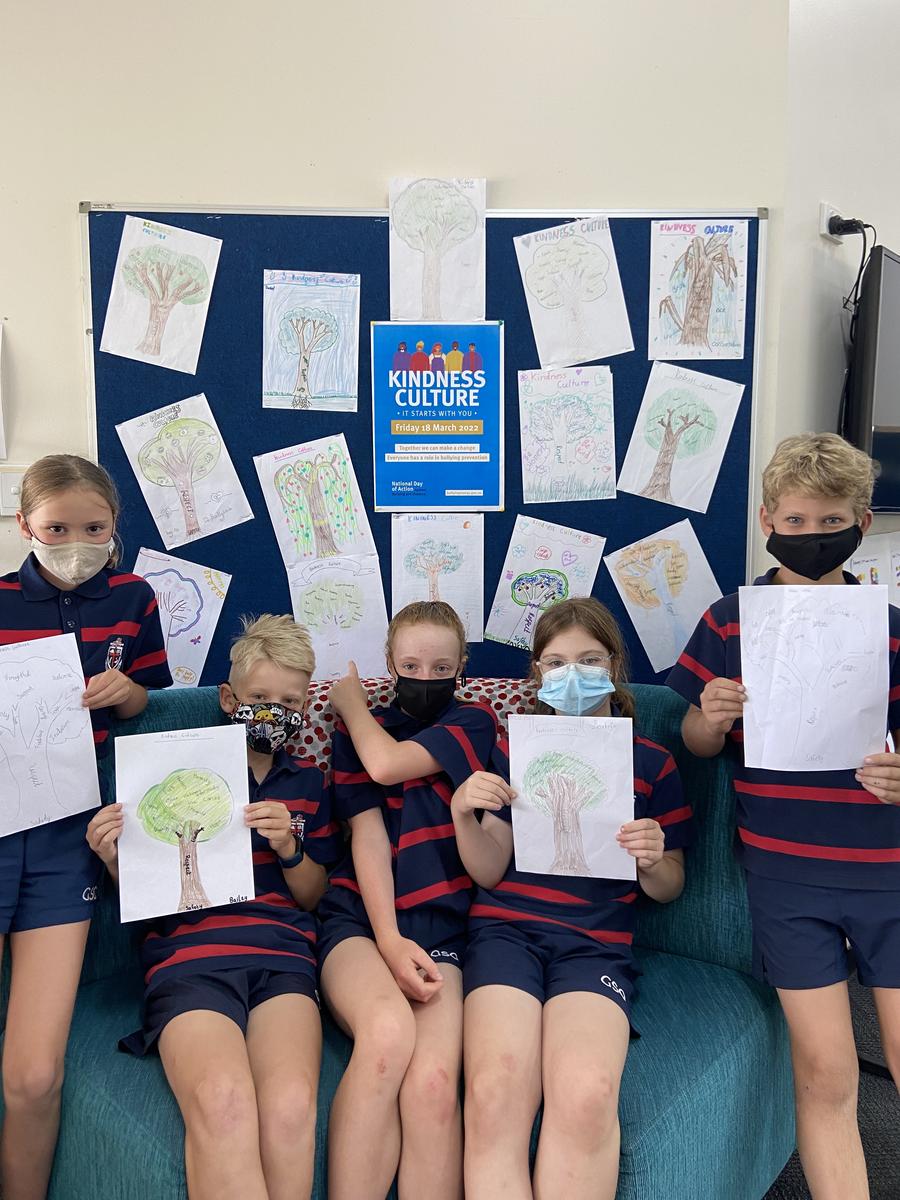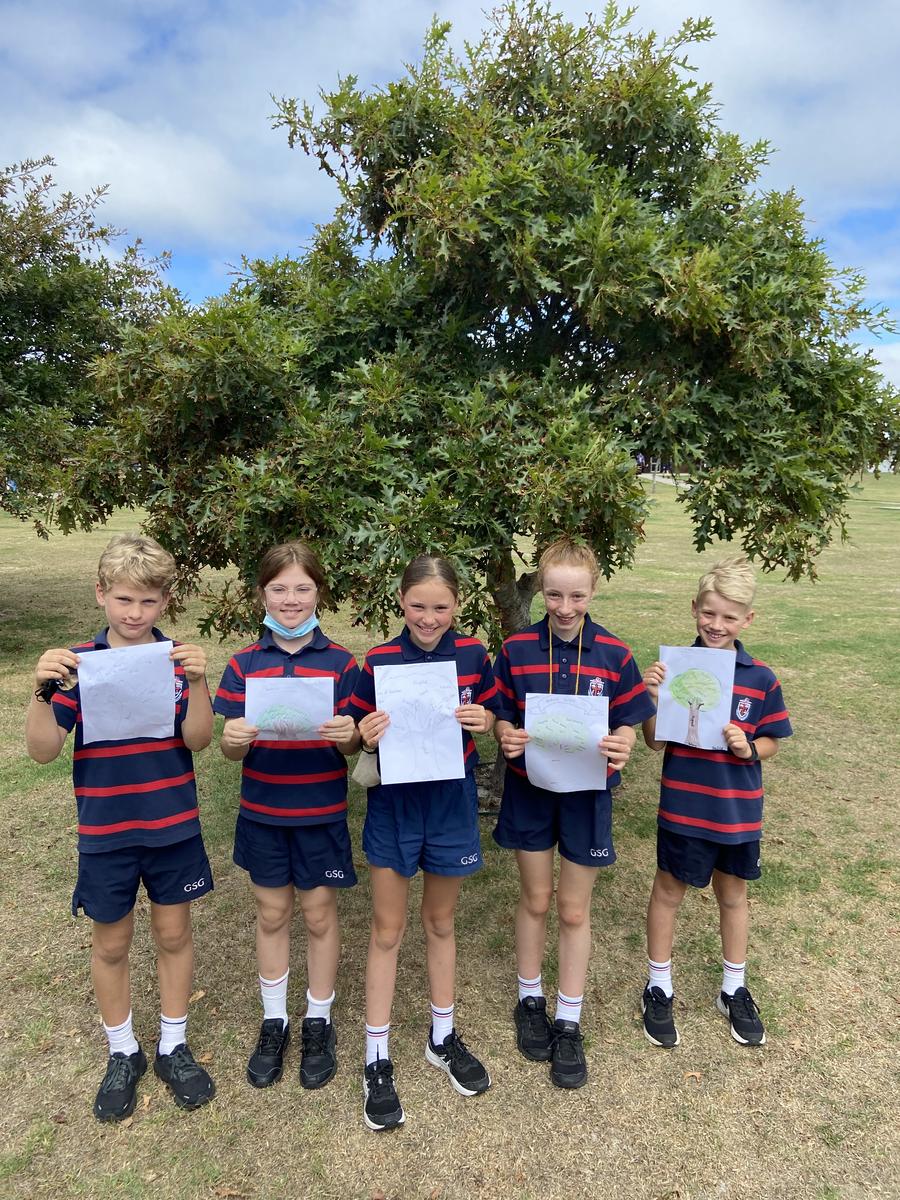Junior School

From the Head of Junior School
I’m confident if you asked any student, parent or staff member what qualities they value in a school environment to help children learn and grow as young people, you would likely hear responses including: friendly, fun, caring and inspiring. Rightly so.
Underpinning these qualities, I feel, is a foundation of understanding that we cultivate a safe, respectful, welcoming and inclusive learning community. When these foundations are in place we see friendliness and fun, we see care and consideration for others and we feel inspired to wonder, create and act.
A tree is a powerful metaphor and image for how these elements connect together. The root system and trunk of a tree are the foundations of safety and respect, tree branches stem into welcoming and inclusive behaviours before sprouting leaves, flowers and fruits of friendship, fun, kindness, caring for others and inspiring learning.
At GSG we consider the whole tree in our approach to cultivating a positive learning environment. This Friday 18 March we spotlight a foundational understanding in the root system and truck of our tree, 'Safety', by recognising the National Day Against Bullying and Violence – promoting a kindness culture together.
Across the school, at age appropriate levels, students learn about respectful relationships, the rights of young people, safe behaviours online and offline, inclusivity and support networks for seeking help. Age-appropriate activities range from reading stories together about recognising unsafe behaviours and how to seek help, to practical videos on what is and isn’t bullying behaviour and safe online skills.
Throughout the year, GSG focuses on the Keeping Safe: Child Protection Programme, a nationally recognised programme for teaching students how to keep themselves safe and support the National Child Safe Principles. Core messages about respectful relationships together with targeted teaching of personal safety awareness and behaviours underpin our core curriculum. Alongside this core curriculum, we promote numerous National Awareness campaigns to compliment the on-going learning in our personal development programmes.
Harmony Day – Monday 21 March
Junior School classes will discuss the values of diversity and inclusion in communities, inviting students to share stories of their ancestry and heritage. There are some fascinating statistics about Australia's diversity provided from Harmony Week website About (harmony.gov.au), some include:
- nearly half (49 per cent) of Australians were born overseas or have at least one parent who was born overseas.
- apart from English, the most common languages spoken in Australia are Mandarin, Arabic, Cantonese, Vietnamese, Italian, Greek, Tagalog/Filipino, Hindi, Spanish and Punjabi
- more than 70 Indigenous languages are spoken in Australia.
NAPLAN
National literacy and numeracy assessments will be undertaken for students in Years Three, Five, Seven and Nine and will be between 10 to 20 May. Tests for students will all be done online.
Your child will receive a handout explaining more details about NAPLAN, so please look out for it in your child’s school bag. You can also access a copy of the NAPLAN details here.
NAPLAN is one assessment tool that we can use to monitor each child’s progress. Students will have some practice for these tests in their regular classes. On Thursday 24 March, all students in Years Three, Five, Seven and Nine will do a practice test with the aim of testing our IT network. This test will not be marked but is a good practice for next term. After reading the handout, if you have any queries about NAPLAN, please feel free to contact either Assistant Head of Junior School - Mrs Leah Field, leah.field@gsg.wa.edu.au or myself at ken.raven@gsg.wa.edu.au
Warmest regards, and appreciation,
Mr Ken Raven | Head of Junior School

